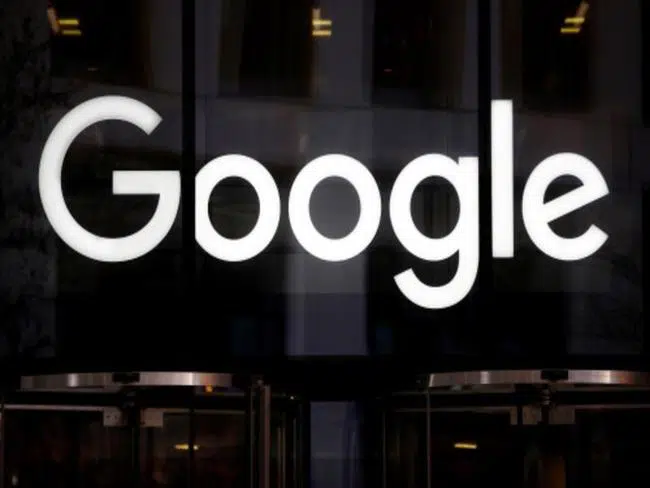Hugging Face Co-Founder Challenges AI Optimists: 'Models Can't Ask Original Scientific Questions'
“In science, asking the question is the hard part,” he said. “Once the question is asked, often the answer is quite obvious, but the tough part is really asking the question, and models are very bad at asking great questions.”
Wolf’s comments were in response to a blog post by Anthropic CEO Dario Amodei, who argues that artificial intelligence could compress a century's worth of scientific breakthroughs into just a few years.
Wolf said he initially found the post compelling but became skeptical after rereading. “It was saying AI is going to solve cancer, and it's going to solve mental health problems—it's going to even bring peace into the world. But then I read it again and realized there's something that sounds very wrong about it, and I don't believe that,” he told Fortune.
San Francisco-based Anthropic is backed by tech giants, including Amazon.com Inc. (NASDAQ:AMZN) and Alphabet Inc. (NASDAQ:GOOG, GOOGL)), and is also known for its Claude family of AI models.
For Wolf, the core issue lies in how LLMs are trained. In another blog post, Wolf argues that today’s AI systems are built to predict likely outcomes, act as "yes-men on servers," capable of mimicking human responses but incapable of challenging assumptions or generating original ideas.
"To create an Einstein in a data center, we don't just need a system that knows all the answers, but rather one that can ask questions nobody else has thought of or dared to ask," Wolf wrote.
He cited that real scientific progress often comes from paradigm shifts—like Copernicus proposing heliocentrism or the invention of CRISPR-based gene editing—rather than from answering existing questions.
Wolf also questioned how AI performance is measured today. In his blog post, he pointed to benchmarks like Humanity's Last Exam or Frontier Math, which test how well AI models can answer complex but well-defined questions.











